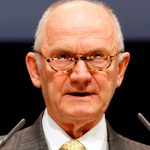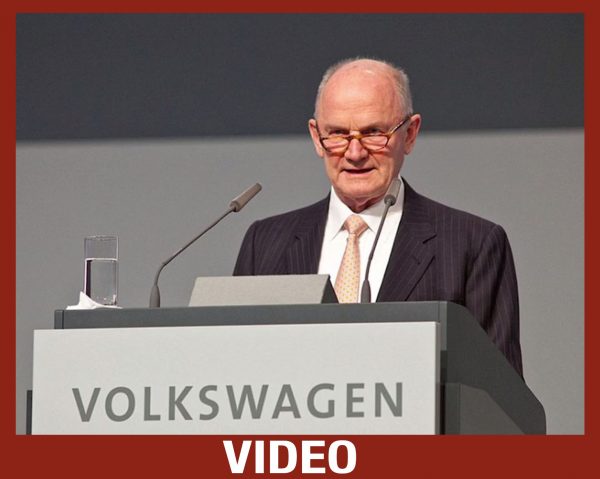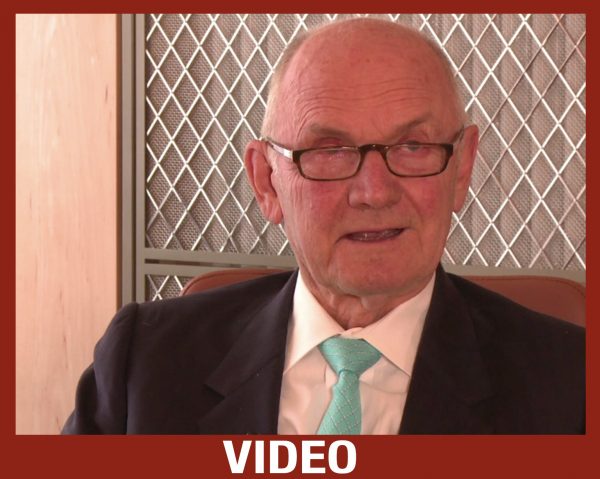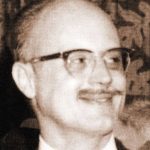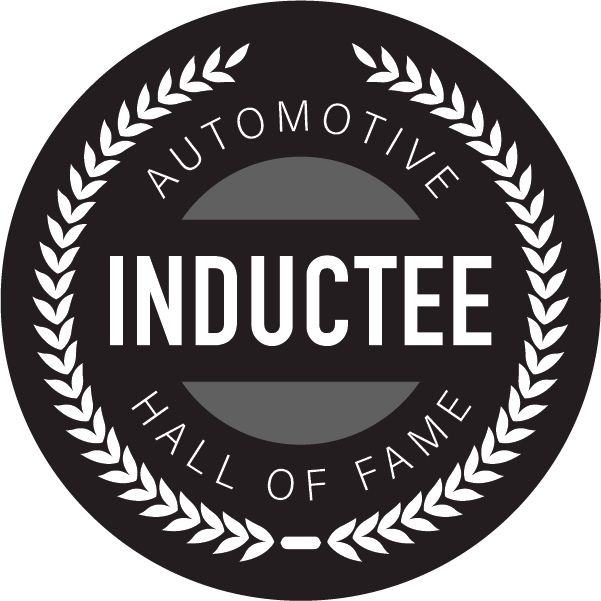Ferdinand Piech might have lived the princely life of a European playboy had he chosen to do so.
Instead, the grandson of Ferdinand Porsche always took the road less traveled. Sometimes literally.
In 1979, while testing an all-wheel-drive system in a disguised Audi 80, Piech and engineer Walter Treser drove up the Stelvio pass between Austria and Italy for winter testing.
Piech, then Audi’s r&d chief, spotted two men struggling to attach snow chains to a truck. He stopped and asked the men if he could help.
“When they waved us by,” Treser recalled, “he took off at full speed with a big smile — without snow chains or special winter tires. He left those guys in disbelief that such a humble Audi could drive in such poor snow conditions. He really enjoyed the fun of proving something that way.”
He was proving Audi’s still-secret Quattro system and he was doing it in a way that was pure Piech.
In the annals of the auto industry, only a handful of individuals — including Alfred P. Sloan, Henry Ford and Osamu Suzuki — have held absolute executive power for as long as Piech. His career now spans more than a half-century. He joined the Porsche sports car company in 1963 and quickly assumed a key engineering role in the company founded by his uncle, Ferry Porsche.
Fifty-one years later — after long tenures as the CEO of first Audi, then Volkswagen Group — Piech remains at 77 the deeply involved, all-powerful chairman of VW’s supervisory board.
Family connections didn’t always help. Though he rejuvenated Porsche’s racing program in the 1960s, Piech was looking for a job by the time he was 34.
He was cast out of the sports car company after the heads of the Porsche clan — his uncle, Ferry, and his mother, Louise — decided in 1971 that no family member should hold an executive position at Porsche.
After a short period at Giorgetto Giugiaro’s Italdesign, Piech moved to Audi-NSU in 1972 to head the special projects department. Three years later he was Audi’s r&d boss.
A rival executive once said Piech “turned Audi into something that could compete with BMW and Mercedes and in the 1990s kept Volkswagen, from a product point of view, very much the target for other Europeans.”
Source: Automotive News
